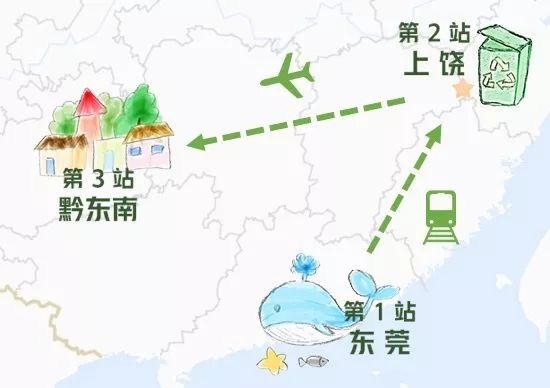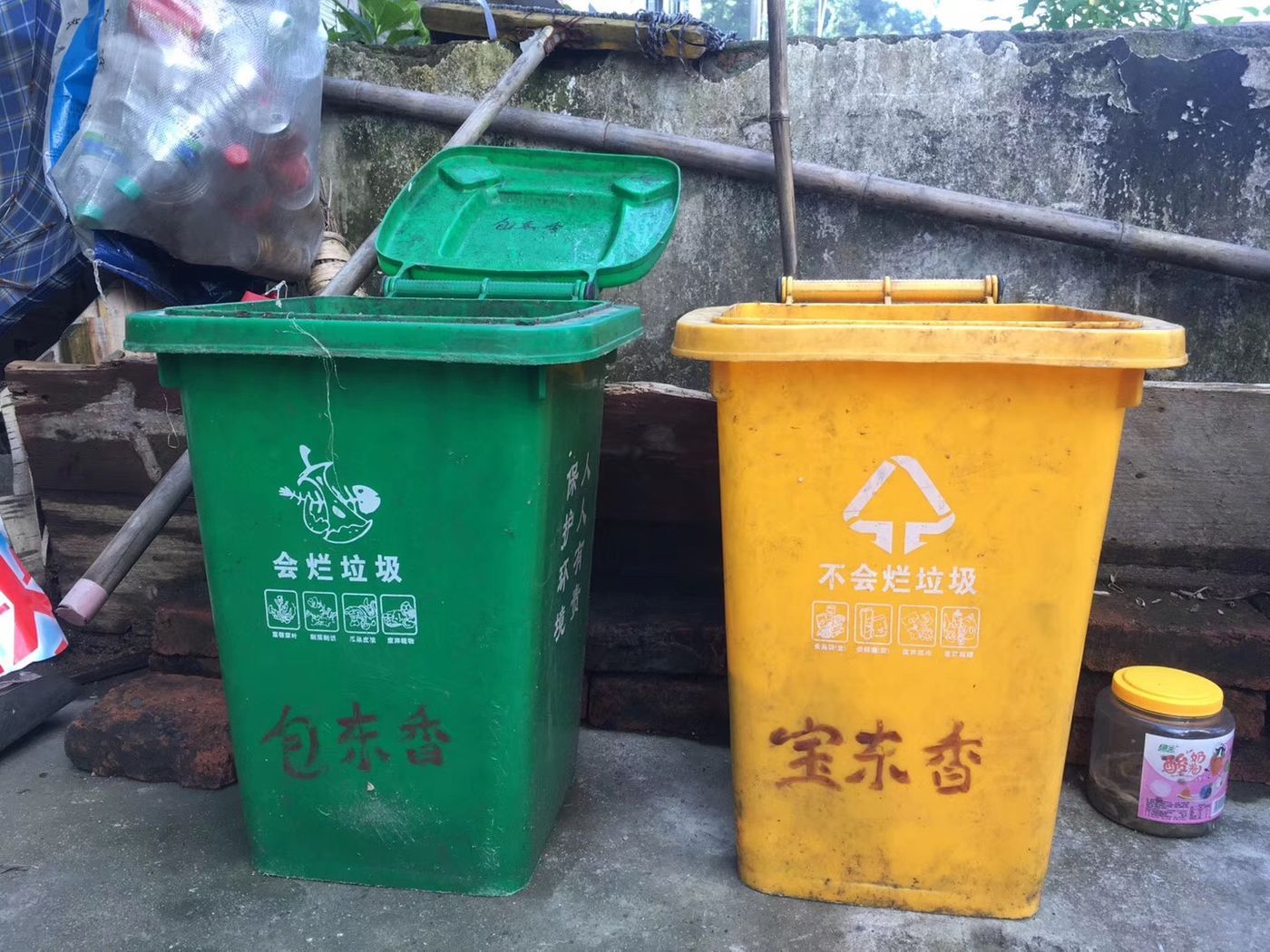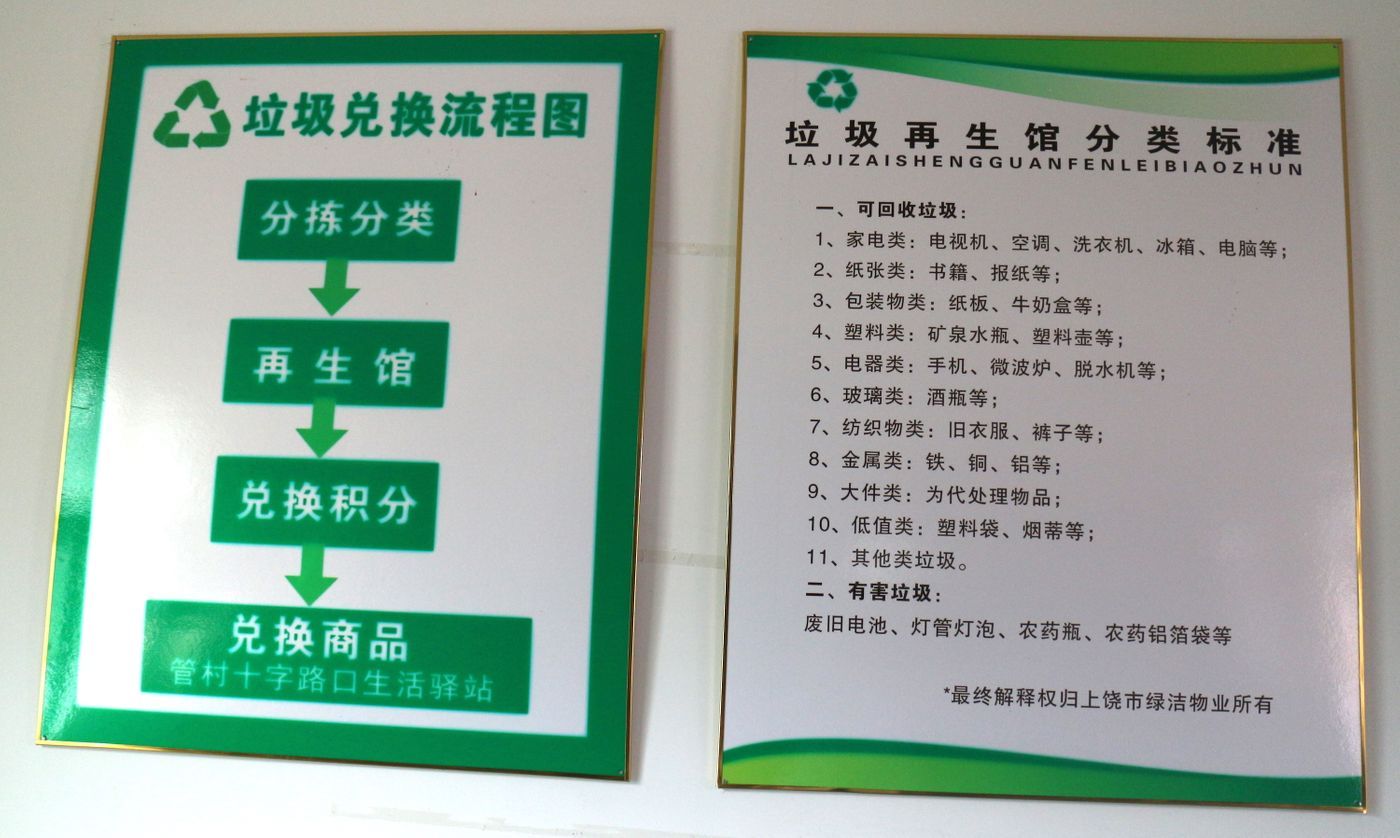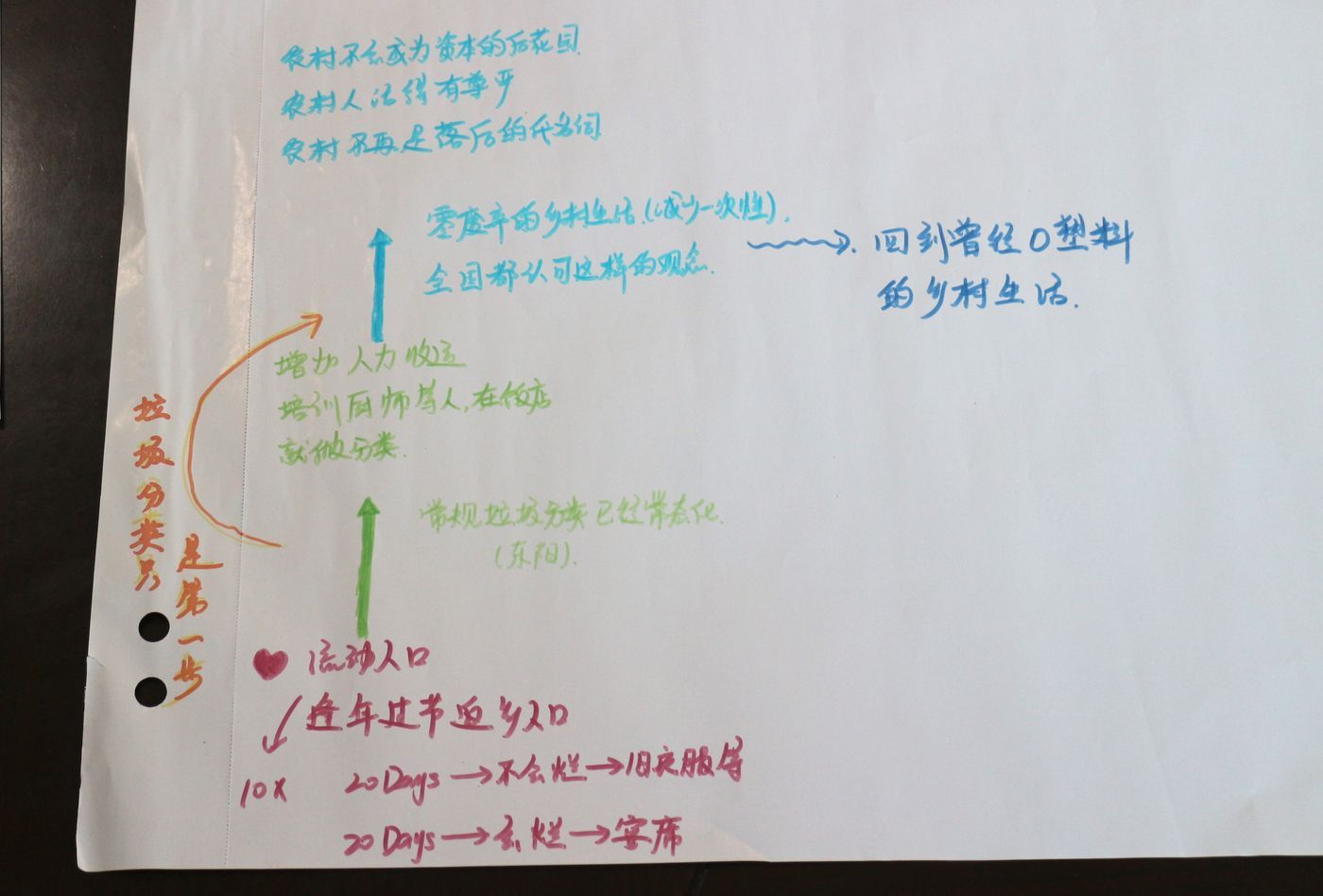Study tour to visit zero-waste villages: small actions in the face of big problems
In July this year, I participated in the "Overseas Study Tour" organized by the Ginkgo Foundation, and visited three institutions together with more than 10 young partners who are concerned about social innovation. This article records one of the visit itineraries, visiting the team of Mr. Chen Liwen, a zero-waste village, in Dongyang Township, Shangrao, Jiangxi.

Everyone has some principles and bottom lines. In the face of creating garbage, the bottom line seems erratic.
After watching an environmental protection documentary, I realized that I created a lot of unnecessary waste, and for a while I began to deliberately reduce consumption. And sometimes when I want to buy clothes and want to eat snacks, I will tell myself, "Just this time, it won't be a big problem, I'll make it up next time." The problem of garbage is tied to our life, because it appears too frequently, and sometimes it seems unimportant, without this opportunity, there will be another time. If we really want to start the garbage problem, it will also leverage a huge benefit system, and customs clearance is a difficult problem.
There are many different classification methods for garbage classification. For rural residents, the cumbersome subdivision is difficult to implement. So Mr. Chen Liwen adopted the method that is closest to life. Garbage is divided into "rotten garbage" and "non-rotten garbage", and two trash cans are placed at the door of each household for garbage.

These two measures seem simple, but they can actually promote the effective classification of waste.
First of all, it is simple and easy to operate: the terms "rotten garbage" and "non-rotten garbage" are easy and easy for residents to remember, and at the same time conform to their living habits. For example, food residues will rot, and plastic glass will not rot. When we communicated with the locals, the elderly said that the classification is very simple and not troublesome; secondly, the environmental sanitation has been improved, and the situation of littering the trash cans is reduced because of the long distance; It has become a household material, and the garbage has a name written on it, and everyone will cherish and pay attention to sorting. In just a few months, the correct rate of garbage classification has reached 90%.
There are also some methods in the experimental stage, such as publicizing the red and black lists, and using the most basic incentives and punishments; in the living hall of things, people can exchange points for recyclable garbage and exchange for goods. During the actual visit, it was found that the operation of the red and black lists and the living hall did not achieve the expected results. Teacher Chen Liwen did not cover it up at all, and generously discussed with us that "no one has come to pick up the clothes here." "The list can be set up with a gradient. Not everyone will care about this list.” Such candor also inspired the study tour group to co-create. We were more like a team at the time, and we were all thinking of ways together.

Clear measures still need to be implemented. In Dongyang Township, garbage sorting is the result of the joint efforts of the government, villagers and NGOs.
Garbage sorting is not a matter of NGOs begging the locals to do it, but to let individuals realize that this is a matter of our hometown and that we can do it well together. This is what Teacher Chen Liwen often mentions. In Dongyang Township, every household participates in garbage classification. Government personnel come to the door to collect garbage together with the cleaning company at 6:00 in the morning to check whether the classification is reasonable. If they find any unreasonable places, they will be notified immediately.
"Participation" is also a word frequently mentioned by actors. In many cases, the participatory approach is to stay in an activity or a meeting, and more emphasis is placed on the awareness level, because our daily work ideas are to first think clearly about the reasons, then act, and thoughts determine actions.
In theater, the word for an actor is "Actor", and the most important thing is "Action" - action.
Mr. Chen said that the villagers do not necessarily fully understand the grand significance of garbage sorting at the moment. As long as he takes action and tries sorting first, he can slowly experience the harvest from it. Village cadres don’t have to come up with a blueprint for zero waste right away. They just need to work with the villagers to sort things out, build a composting plant, and build a recycling system. That’s enough. And Mr. Chen's team will give technical support to the greatest extent, and adjust the method according to local conditions.


After returning from Dongyang Township, I finally took the cutlery box that I used only once with me, and went to a friend's house to collect a bunch of old clothes, so that the items could flow and play their inherent value instead of being thrown away easily.
The generation of garbage is not only an environmental protection issue, it is also a question of life: what do you want and what do you really need?
Like my work? Don't forget to support and clap, let me know that you are with me on the road of creation. Keep this enthusiasm together!
